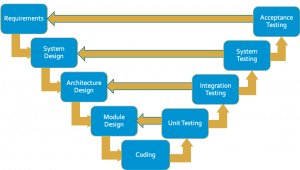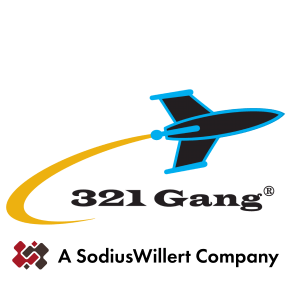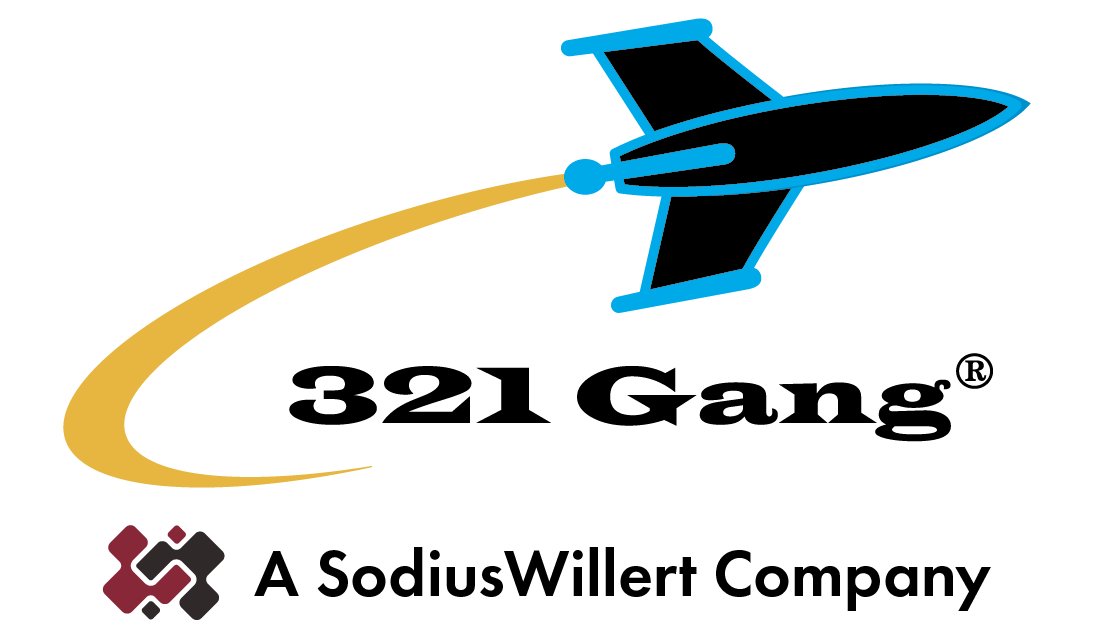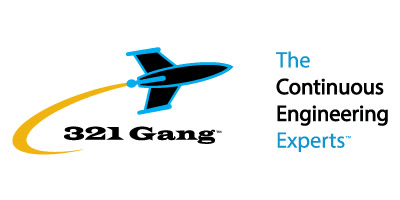Explore Requirements Traceability!

Requirements traceability plays a pivotal role in managing engineering intricacies and ensuring project success. In this guide, we will explore what requirements traceability is, its importance, best practices, and how it can benefit your organization.
Defining Requirements Traceability
Requirements traceability is a structured method used to track requirements throughout a project’s lifecycle. It helps to establish and maintain the lineage of each requirement, both forward and backward, and their relationships with other requirements. At its core, requirements traceability aims to ensure that every requirement aligns with the project objectives and stakeholder expectations.
Understanding the Need for Requirements Traceability
In modern software development projects, requirements often evolve and traverse across various departments. It is crucial for project managers and business analysts to keep a tight rein on all these requirements to ensure they are duly fulfilled. Without effective requirements traceability, organizations run the risk of missed or mismatched requirements, resulting in costly rework or even project failure.
The Role of a Requirements Traceability Matrix (RTM)
A Requirements Traceability Matrix is a crucial tool in managing requirements. It is a document that maps requirements to their corresponding test cases, design documents, system components, and more. An RTM ensures that each requirement is accurately traced and validated, aligning it properly with the overall project objectives and stakeholders’ expectations.
Types of Traceability Matrix
There are three primary types of traceability matrix:
Forward Traceability Matrix: This maps the requirements to the design and test activities that ensure the requirements are fulfilled.
Backward Traceability Matrix: This traces the requirements back to their source, helping identify the origin of each requirement.
Bi-Directional Traceability Matrix: This provides both forward and backward traceability, providing a comprehensive view of the requirement’s lineage and relationships with other project elements.
Benefits of Requirements Traceability
There are several key benefits of implementing requirements traceability:
Better Requirement Validation: Traceability ensures that all requirements are valid, well-defined, and align with stakeholders’ expectations.
Improved Change Management: When requirements shift mid-project, a traceability matrix allows quick evaluation of the impact of the potential change.
Risk Mitigation: Traceability helps identify and mitigate risks early in the project cycle.
Efficient Requirement Prioritization: Traceability enables better understanding of the relationships between requirements, allowing for informed prioritization based on business needs.
Enhanced Compliance and Auditing: Traceability facilitates compliance with industry standards and legal regulations, making audits smoother and more reliable.
Challenges in Implementing Requirements Traceability
Despite its numerous benefits, implementing requirements traceability can present a few challenges:
Different Stakeholder Perspectives: Different stakeholders may have varying viewpoints on the requirement traceability process, which can lead to misunderstandings or disagreements.
Implementation Costs: The implementation of requirements traceability can be time-consuming and expensive, especially for complex projects.
Best Practices for Successful Requirements Traceability
Implementing requirements traceability successfully requires a strategic approach. Here are some of the best practices to follow:
Connect Stakeholders and Contributors: Each requirement should be associated with specific team members and stakeholders who care about its status.
Automate Bi-Directional Traceability: Automating the process of bi-directional requirements traceability minimizes risk and ensures quality.
Integrate Data, Conversations, and Decisions: Using a requirements management solution that integrates data, conversations, and decisions in a single platform can streamline the traceability process.
Conduct Formal Reviews: Regular reviews and built-in reporting for auditors can make the process less cumbersome and more reliable.
Role of Tools in Requirements Traceability
Modern requirements management tools can significantly enhance the process of requirements traceability. These tools offer features like automated traceability, real-time collaboration, and visualized coverage of trace relationships. They also help in managing changes, ensuring requirement validation, and providing comprehensive reporting for audits.
Industry Standards and Requirements Traceability
Several industry standards, such as DO-178B/C, DO-254, CMMI, FMEA, IEC 62304, SPICE, ISO 26262, demand comprehensive requirements traceability. Adhering to these standards not only helps in achieving compliance but also improves the overall quality of the project.
Conclusion
Requirements traceability is a powerful approach that can significantly enhance the management of complex requirements in a project. It not only ensures that every requirement is accurately traced and validated but also aids in risk mitigation and improves decision-making. By adopting best practices and utilizing modern tools, organizations can effectively implement requirements traceability and reap its numerous benefits.
Are you interested in reading more about traceability? Click HERE or HERE for more. Or reach out to Tom@321gang.com.
About 321 Gang: We work with enterprises to accelerate the engineering and development of large, engineered systems. 321 Gang Consultants work with the industry-leading system builders of embedded software on best practices for requirements management, model-based systems engineering (MBSE), test management/verification and validation, and traceability for compliance and reporting. Visit our website or contact us to learn how we can improve your traceability capability.
Tom Hollowell – 321 Gang – Technology curmudgeon with many years observing software development tools and trends.
321 Gang | 14362 North FLW | Suite 1000 | Scottsdale, AZ 85260 | 877.820.0888 | info@321gang.com




